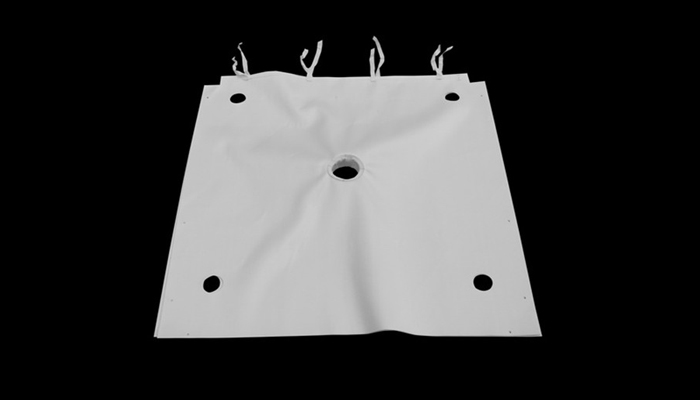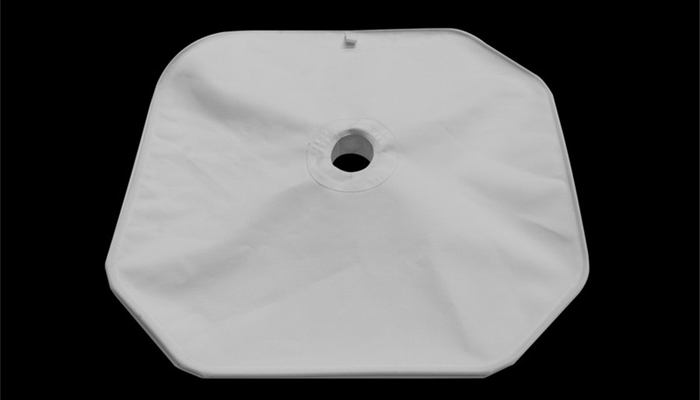With so many types of filter press fabrics available, it can be challenging to determine which one is best for your specific process. We will explore the different types of filter press fabrics, their properties, and applications to help you make an informed decision.
Filter press fabric is crucial in various industrial processes, including food and beverage, pharmaceutical, and cosmetics. The choice of fabric depends on the specific requirements of the process.
Such as the type of particles to be filtered, the desired filtration rate, and the operating conditions. In this article, we will discuss the different types of filter press fabrics and their characteristics to help you choose the best one for your process.
Types of Filter Press Fabric
There are several types of filter press fabrics available in the market, each with its unique characteristics and advantages. The most common types of filter press fabrics are:
1. Nylon Fabric
Nylon fabric is a popular choice for various industrial processes due to its high strength, durability, and resistance to abrasion. It plays an important role in food and beverage processing, pharmaceutical, and cosmetics industries. Moreover, Nylon press fabric is available in different weights and can be customized to meet specific requirements.

2. Polyester Fabric
Polyester filter press fabric is another popular choice for various industrial processes. It is popular for its high strength, moisture resistance, and good abrasion resistance. Polyester fabric plays an important role in food and beverage processing, pharmaceutical, and cosmetics industries.
3. Acrylic Fabric
Acrylic filter press fabric is a lightweight and breathable fabric commonly used in food and beverage processing, pharmaceutical, and cosmetics industries. It is popular for its high strength, moisture resistance, and good abrasion resistance. Acrylic fabric is available in different weights.
4. Cotton Fabric
Cotton filter press fabric is a natural fiber commonly used in food and beverage processing, pharmaceutical, and cosmetics industries. It is popular for its high strength, moisture resistance, and good abrasion resistance. Cotton fabric is available in different weights and can be customized to meet specific requirements.
Factors to Consider When Choosing Filter Press Fabric
When choosing fabric, there are several factors to consider, including:
1. Particle Size
The particle size of the fabric should match the size of the particles to be filtered. Larger particles may require a thicker fabric, while smaller particles may require a thinner fabric.
2. Operating Conditions
The operating conditions of the filter press, such as temperature, humidity, and airflow, when choosing filter press fabric. Some filter press fabrics are more resistant to extreme temperatures or humidity levels than others.

3. Cost
The cost of fabric is an important factor to consider, especially for small businesses or startups. Look for affordable options that still meet your requirements.
4. Customization
Some filter press fabrics can be customized to meet specific requirements. Look for options that can be tailored to your specific needs.
Conclusion
Filter press fabric is a crucial component in various industrial processes, and the choice of fabric depends on the specific requirements of the process. When choosing fabric, consider the particle size, operating conditions, cost, and customization options.
Nylon, polyester, acrylic, and cotton filter press fabrics are some of the most common options available in the market. Thus by choosing the right filter press fabric, you can ensure the success of your process and achieve optimal results.